K-Academic Diffusion Activities
K-Academic Diffusion Activities
Professor Sung Dongki Visits Major Russian Universities and King Sejong Institutes
- Created 2025.11.03
- Author
- Views69
Professor Sung Dongki, a co-researcher at the K-Academic Diffusion Research Center of Inha Center for International Studies (ICIS), conducted visits to major universities and King Sejong Institutes in Russia. From October 20 to 23, Professor Sung Dongki traveled through St. Petersburg and Moscow, engaging in activities to establish cooperative networks for the promotion of Korean Studies. The visit aimed to discuss the potential of utilizing K-MOOC courses as a foundation for online-based Korean Studies education abroad and to strengthen academic and cultural exchanges with major Russian universities and King Sejong Institutes.
St. Petersburg - “Exploring Opportunities for Cooperation at the Heart of Korean Studies in Russia”
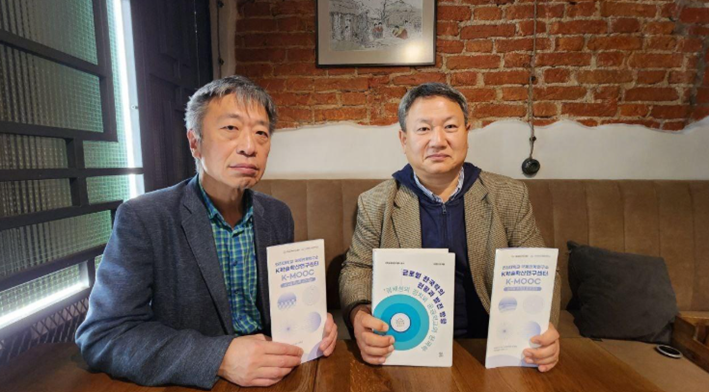
On the first day of the visit, October 20, Professor Sung Dongki visited Herzen University and held a meeting with Professor Kim Hwan, a Korean language major. They exchanged in-depth views on the current state of Korean language education in Russia, teaching methodologies, and the practical potential of online Korean Studies education using K-MOOC courses. Professor Kim expressed strong expectations, stating that “local students will be able to gain a broader understanding of Korean society through online content.”
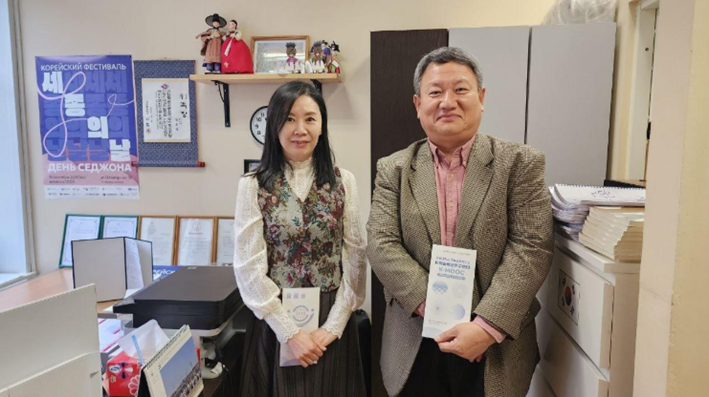
On the following day, October 21, Professor Sung Dongki visited the King Sejong Institute in St. Petersburg and held a meeting with Deputy Director Son Sinjeong. The Institute reported that approximately 350 learners are currently enrolled and indicated a willingness to integrate K-MOOC courses into their regular curriculum, provided that Russian subtitles and a certificate issuance system are implemented. Professor Sung closely examined the Institute’s local operational structure and explored ways to apply learner-centered content.
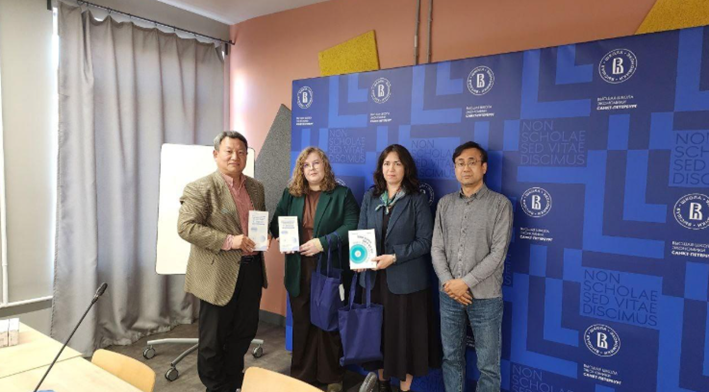
On October 22, he visited the St. Petersburg campus of the Higher School of Economics (HSE). As a university focused on social sciences, the HSE faculty showed strong interest in K-MOOC courses from the Inha University Institute of International Relations, especially those on “International Law,” “Korean Society,” and “Korean Politics.” They also expressed a desire to invite some members of the joint research team to conduct special lectures and academic seminars, laying the groundwork for future close collaboration.
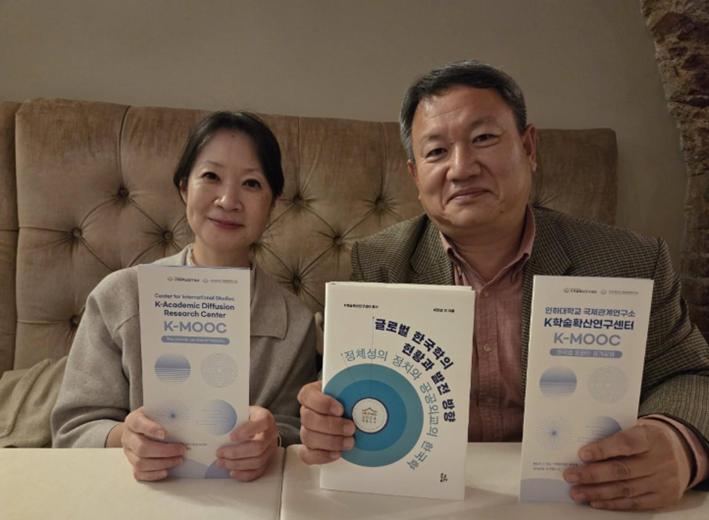
In the afternoon of the same day, Professor Sung met with Professor Inna Choi of St. Petersburg State University to discuss potential cooperation with the institution, which holds the symbolic significance of being the first university in the world to establish a Department of Korean Language and Literature. Professor Choi noted that the faculty plans to preview the courses first before incorporating them into their lectures.
Moscow - “Strengthening the Korean Studies Network Linking Universities and King Sejong Institutes”
On the final day of the visit, October 23, Professor Sung Dongki visited the King Sejong Institute at Wonkwang School in Moscow to review the current use of K-MOOC courses. The institute reported that some learners are already using Inha University’s online lectures as supplementary learning materials and expressed a positive outlook on formally incorporating them into the regular curriculum in the future.
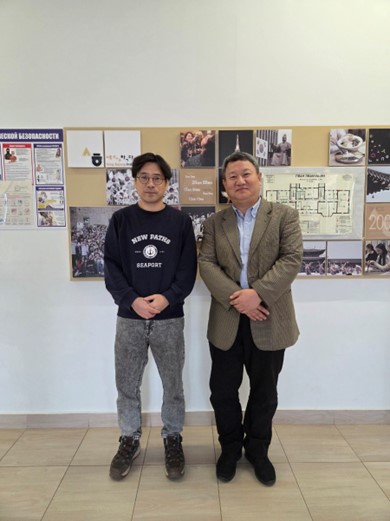
Later that day, Professor Sung visited RUDN University in Moscow, where he held a meeting with the Vice President and faculty members of the Department of Korean Language to discuss future directions for collaboration in depth. RUDN University presented a concrete plan to utilize K-MOOC courses as supplementary materials within its curriculum and officially expressed its intention to sign an MOU with Inha University. In particular, the university showed strong interest in applying K-MOOC lectures from Inha University’s Institute of International Relations—specifically Korean Society, International Law, and Korean Dance—in actual classroom instruction.
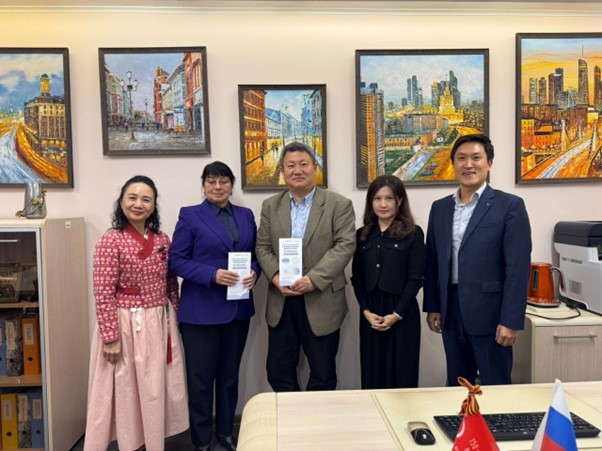
This visit to Russia, led by Professor Sung Dongki, served as a field-based case of K-Scholarship expansion, going beyond a simple introduction of programs to the establishment of tangible educational collaborations and academic networks. In particular, by connecting St. Petersburg and Moscow, the visit successfully achieved two key objectives: the digital platformization of Korean Studies and the strengthening of regional linkages.



